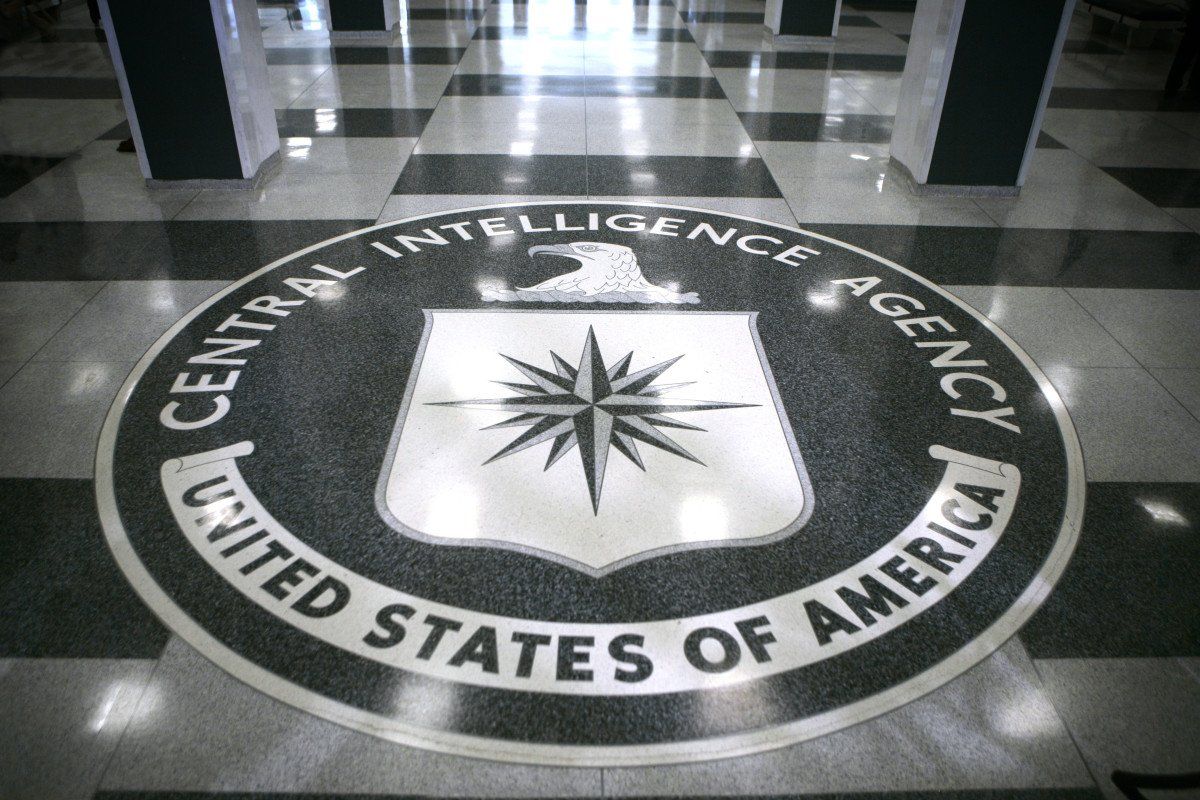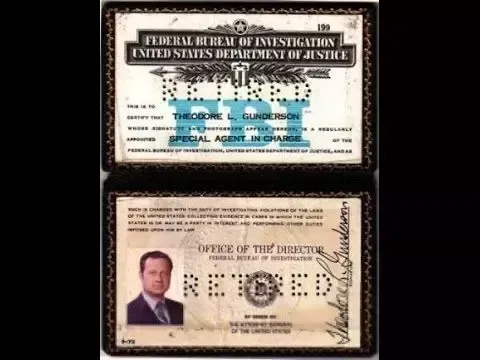CIA "Agent" Myth

The media and public constantly refer to members of the Central Intelligence Agency as "CIA Agents." This is grossly misleading, amateurish and a source of annoyance for those in the profession.
Typically, when people think of the CIA, they are referring to the "Case Officers" of the Clandestine Service. These officers are primarily tasked with the identification & recruitment of foreign sources of information. These CIA "Officers" run clandestine operations to manage confidential sources and obtain valuable information in furtherance of national security objectives. In intelligence parlance, foreign sources of information are called "Agents."
For obvious reasons highlighted in the aforementioned paragraph, it is highly insulting to call a CIA "Officer" an "Agent." By doing so, you are relegating the government civil service to the status of a foreign confidential informant.
Conversely, the federal law enforcement community (which is very different than the intelligence apparatus) is composed of Criminal Investigators that are titled "Special Agents," which at times is shortened to "Agent" in common usage. Referring to a "Special Agent" as an "Officer" is similarly not correct since officers in the federal law enforcement world are a completely different job series (i.e. CBP OFO, ERO, Uniform Division, etc.).
Relatedly, the CIA does indeed have an Office of Inspector General (OIG) that is comprised of a small number of criminal investigators called Special Agents. They have a limited counterintelligence mission and are indeed 1811 Special Agents. However, these agents are NOT involved in covert source operations. The CIA also has uniformed law enforcement positions in the Security Protective Service as a Police Officer. These are uniformed positions that according to the CIA "protect Agency personnel, facilities, and information through the enforcement of Federal laws and Agency Regulations, including making arrests and enforcing traffic laws."
When applying to hiring announcements in these career fields it is very important to understand the differences. Even though there are some similarities in the type of training and experience that is desired, the intelligence community is very different from the law enforcement community. Understanding these differences and knowing what you want out of your career will help you craft your resume and prepare yourself for the right job.
Knowing the different between these terms and their proper usage will serve you well during your interactions with potential employers. Do not be the applicant who makes this "fashion" mistake!









